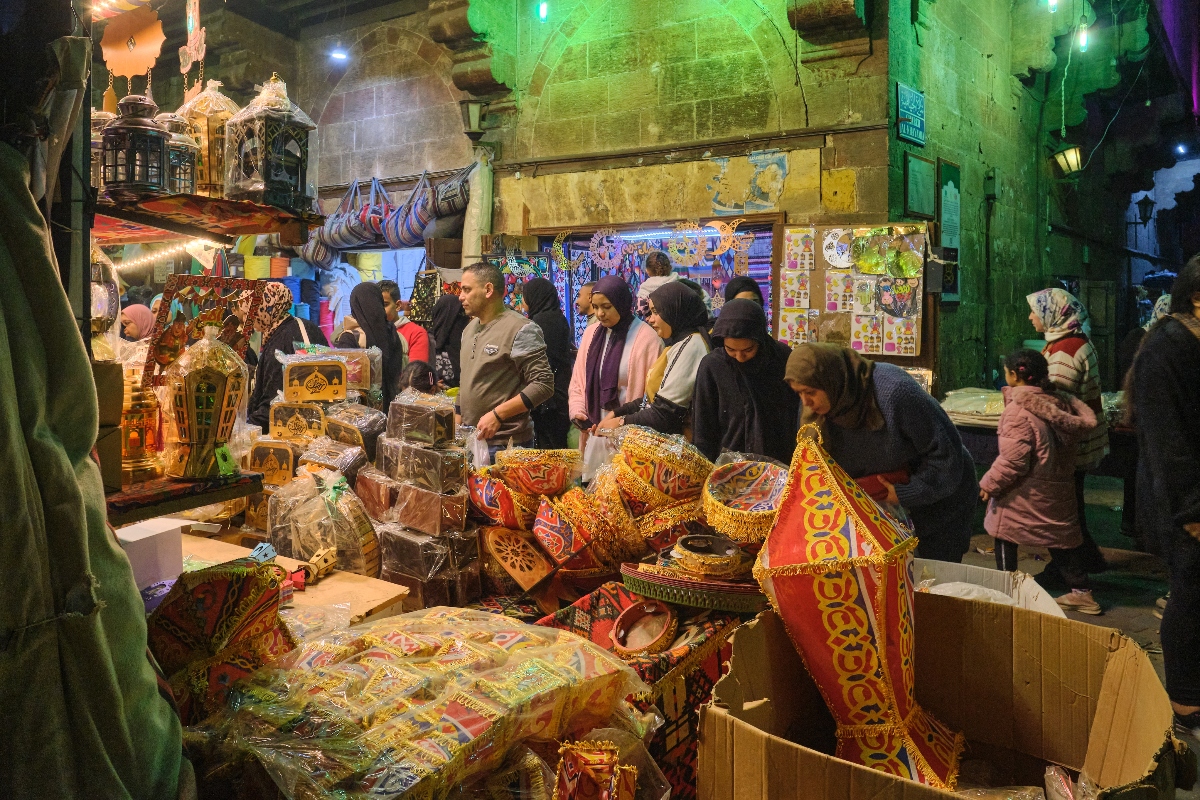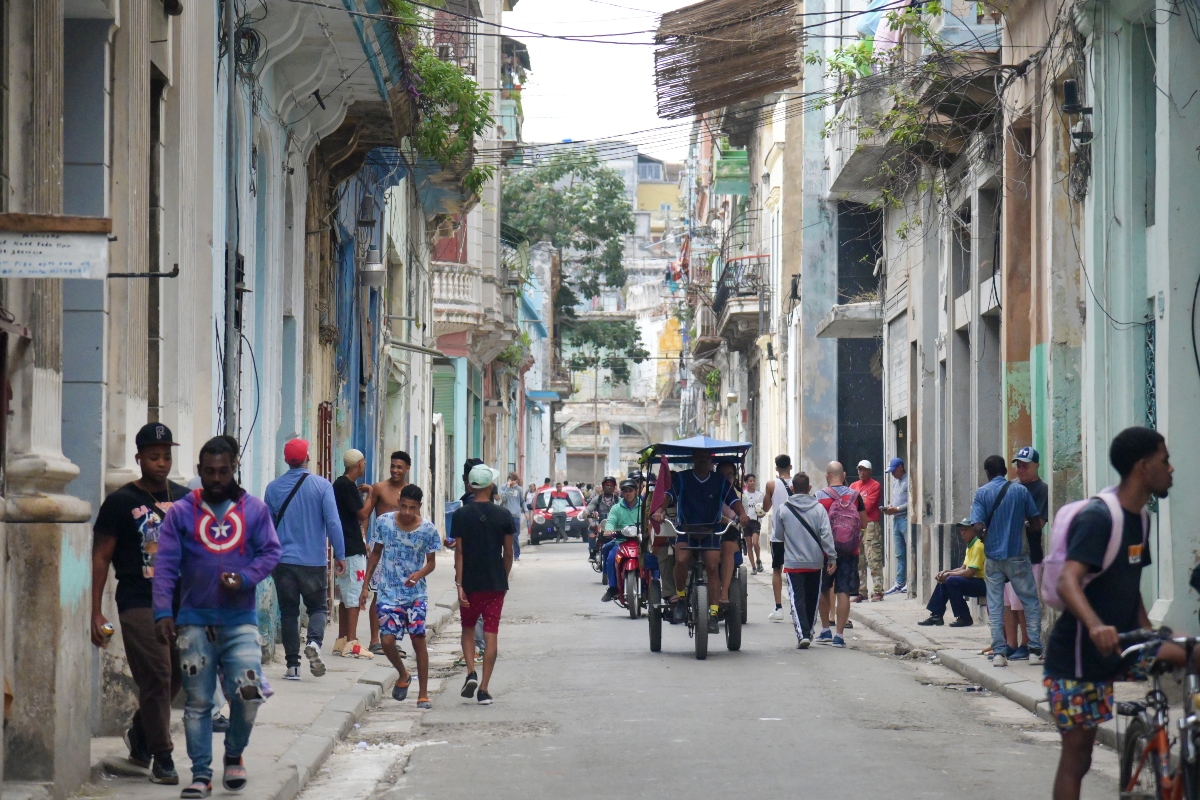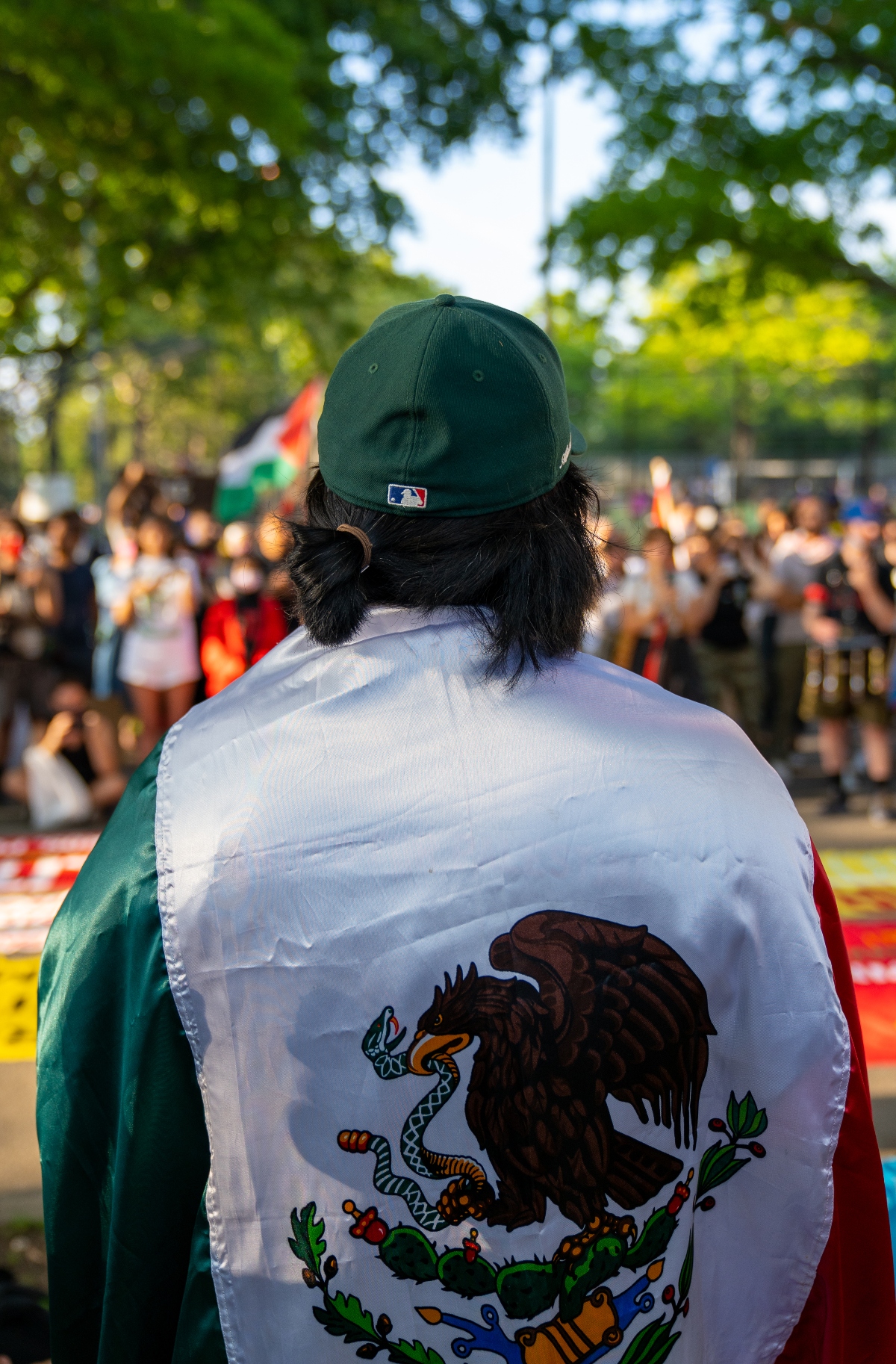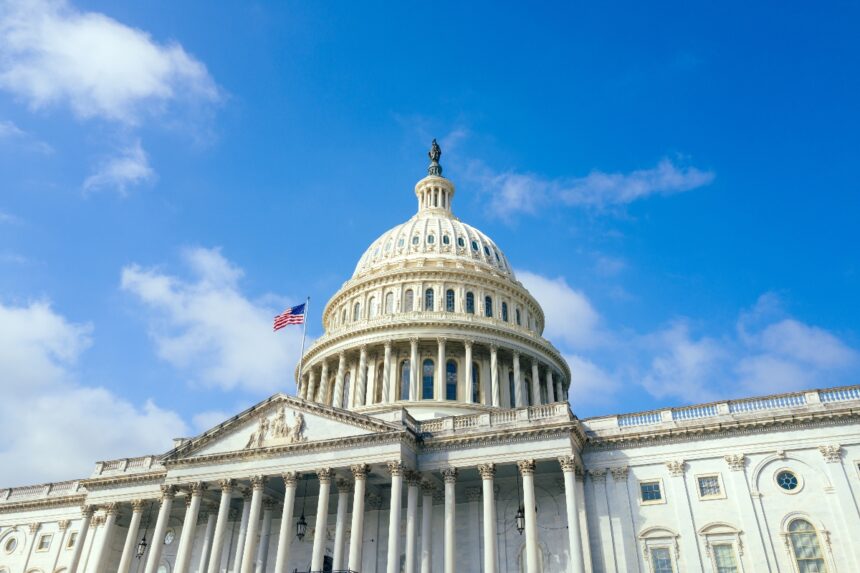In June 2025, the U.S. government is considering implementing a new phase of immigration restrictions that could affect citizens of up to 36 additional countries. The main objective is to put pressure on foreign governments that, according to the State Department, do not meet certain security and immigration cooperation standards.
These countries would have 60 days to submit action plans demonstrating their willingness to comply with U.S. requirements. Otherwise, they could see their citizens’ entry into U.S. territory restricted or suspended.
Who would be on the list?

Most of the countries mentioned are in Africa, but nations in Asia and the Caribbean are also included.
These include Egypt, Angola, Nigeria, Cambodia, Saint Kitts and Nevis, and Saint Lucia.
According to the U.S. government, these countries have one or more of the following problems:
Lack of an effective central government that issues reliable documents.
High rate of citizens remaining in the U.S. beyond the expiration of their visas.
Refusal or delay in receiving citizens deported from the U.S.
Significant presence of citizens linked to anti-American activities or anti-Semitic speeches.
The main objective is to pressure foreign governments
In addition, some governments have been pressured to agree to become a “safe third country,” a legal arrangement whereby they take in migrants deported from the United States.
Even if they are not their own citizens, something that has generated controversy at the international level.
What about Latin America?

Although this expanded list does not directly include Latin American countries, the precedent is worrisome.
In previous proclamations, the United States has already imposed immigration restrictions on citizens of countries such as Cuba, Venezuela, Nicaragua and Haiti.
In some cases, these have been total restrictions; in others, partial limitations such as the suspension of certain types of visas.
Therefore, the U.S. Hispanic community must remain vigilant.
The implementation of these measures could generate a domino effect in other nations or reinforce stricter immigration policies that indirectly affect Latino immigrants.
Keys to protect your immigration status

Against this backdrop, it is important for immigrants and their families to consider the following:
Verify personal and family immigration status, especially if you have dual nationality.
Consult an immigration attorney with any questions or pending paperwork.
Avoid undocumented stay or violation of visa terms, as this may jeopardize future immigration proceedings.
Keep informed through official channels about possible changes that may affect visa applications, renewals or travel.
For more information, visit QuéOnnda.com.























